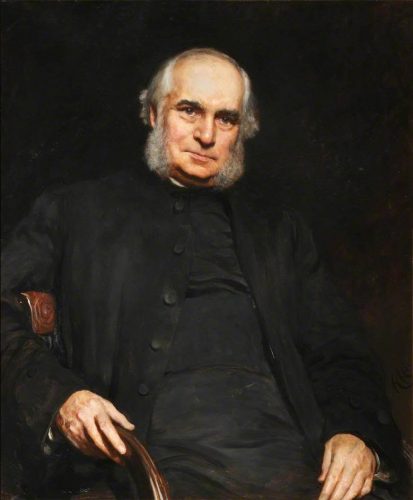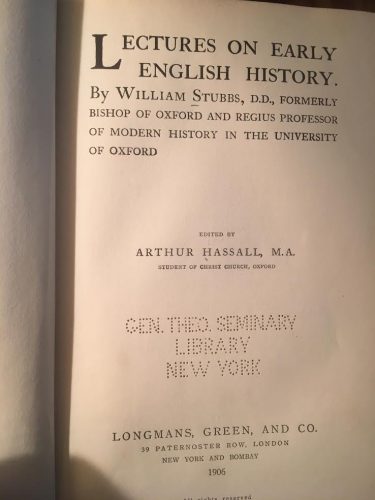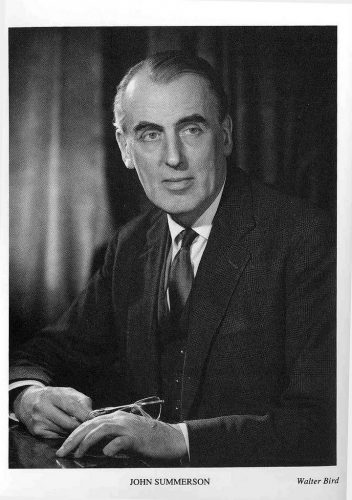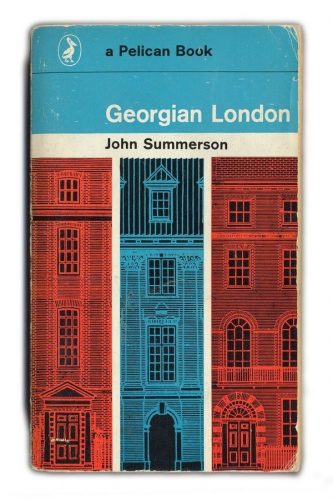(Today being Trafalgar Day, it seems like a good time to rerun this post)
In 1797, a Spanish naval official named Don Domingo Perez de Grandallana, wrote a thoughtful document on the general subject “why do we keep losing to the British, and what can we do about it?” His thoughts were inspired by his observations while with the Spanish fleet off Cape St Vincent, in a battle which was a significant defeat for Spain, and are relevant to a question which is very relevant to us today:
What attributes of an organization make it possible for that organization to accomplish its mission in an environment of uncertainty, rapid change, and high stress?
Here are de Grandallana’s key points:
An Englishman enters a naval action with the firm conviction that his duty is to hurt his enemies and help his friends and allies without looking out for directions in the midst of the fight; and while he thus clears his mind of all subsidiary distractions, he rests in confidence on the certainty that his comrades, actuated by the same principles as himself, will be bound by the sacred and priceless principle of mutual support.
Accordingly, both he and his fellows fix their minds on acting with zeal and judgement upon the spur of the moment, and with the certainty that they will not be deserted. Experience shows, on the contrary, that a Frenchman or a Spaniard, working under a system which leans to formality and strict order being maintained in battle, has no feeling for mutual support, and goes into battle with hesitation, preoccupied with the anxiety of seeing or hearing the commander-in-chief’s signals for such and such manoeures…
Thus they can never make up their minds to seize any favourable opportunity that may present itself. They are fettered by the strict rule to keep station which is enforced upon then in both navies, and the usual result is that in one place ten of their ships may be firing on four, while in another four of their comrades may be receiving the fire of ten of the enemy. Worst of all they are denied the confidence inspired by mutual support, which is as surely maintained by the English as it is neglected by us, who will not learn from them.
The quote is from Seize the Fire, by Adam Nicholson.



